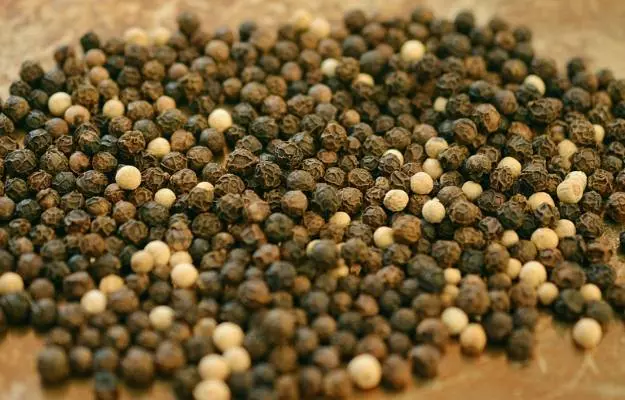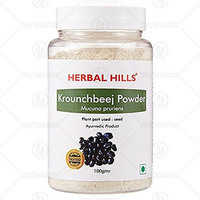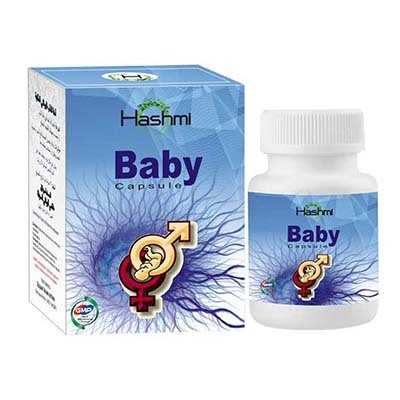Black pepper or kali mirch is one of the most popular spice all over the world. It gives a pungent kick to the foods which is loved and savoured by many. Dried and ground pepper is one amongst the foremost common spices in European cooking. From entree to the main course to desserts, it finds a way into every recipe. It might interest you to know that the pungency of black pepper is because of the chemical piperine, which is known to be very beneficial to the gastrointestinal system. Apart from being an excellent stomachic (improves digestion), it is also a potent antioxidant. So, it not only helps you digest and absorb your food better, but it also helps you deal with the oxidative stress generated by the body's metabolism. The culinary and healing benefits of black pepper have aptly earned it the title of the “King of Spices”.
The commercially used black pepper is the dried form of mature berries of the tropical, perennial climb plant Piper Nigrum L., which belongs to the Piperaceae family. Black pepper is primarily grown in the South Western region of India, in the state of Kerala and some parts of Mysore, Tamil Nadu, and Goa. Interestingly, the whole pepper cultivating region was once called Malabar, a name which is currently solely referred to as Kerala. The Malabar coast was known for the cultivation and import-export of pepper since ancient times. From here pepper was exported to Indonesia, Malaysia and later it spread to all the pepper growing countries.
Black pepper is highly prized in the international market for its distinct flavour and healing properties. Ground black peppercorn, generally noted as "pepper", can also be found at nearly every dining table around the globe, quite often found placed alongside table salt in the restaurants too.
Some basic facts about Black Pepper:
- Scientific Name: Piper nigrum
- Family: Piperaceae
- Common Name: Black Pepper
- Common Hindi and Sanskrit name: काली मिर्च (Kali Mirch)
- Native Region and Geographical Distribution: Black pepper mainly belongs to South India. During the Roman era, pepper was imported into the Red Sea area from ports in India and it was native to eastern tropical regions. Peppers are considered as one of the oldest items in the global spice trade. Peppers are cultivated in South India, and in China; it is also cultivated in East and West Indies, Malay Peninsula, Malay Archipelago, Siam, Malabar, Vietnam, Brazil, Indonesia etc.
- Fun facts: The United States is currently importing the highest quantity of Pepper, around 671 million dollars of Pepper in the year 2009. That’s nearly 18% of the world’s Pepper.
Black Pepper represents about 50% of a particular restaurant’s spice usage.
During the Middle Ages, Peppercorns were priced more than silver in terms of weight.






































